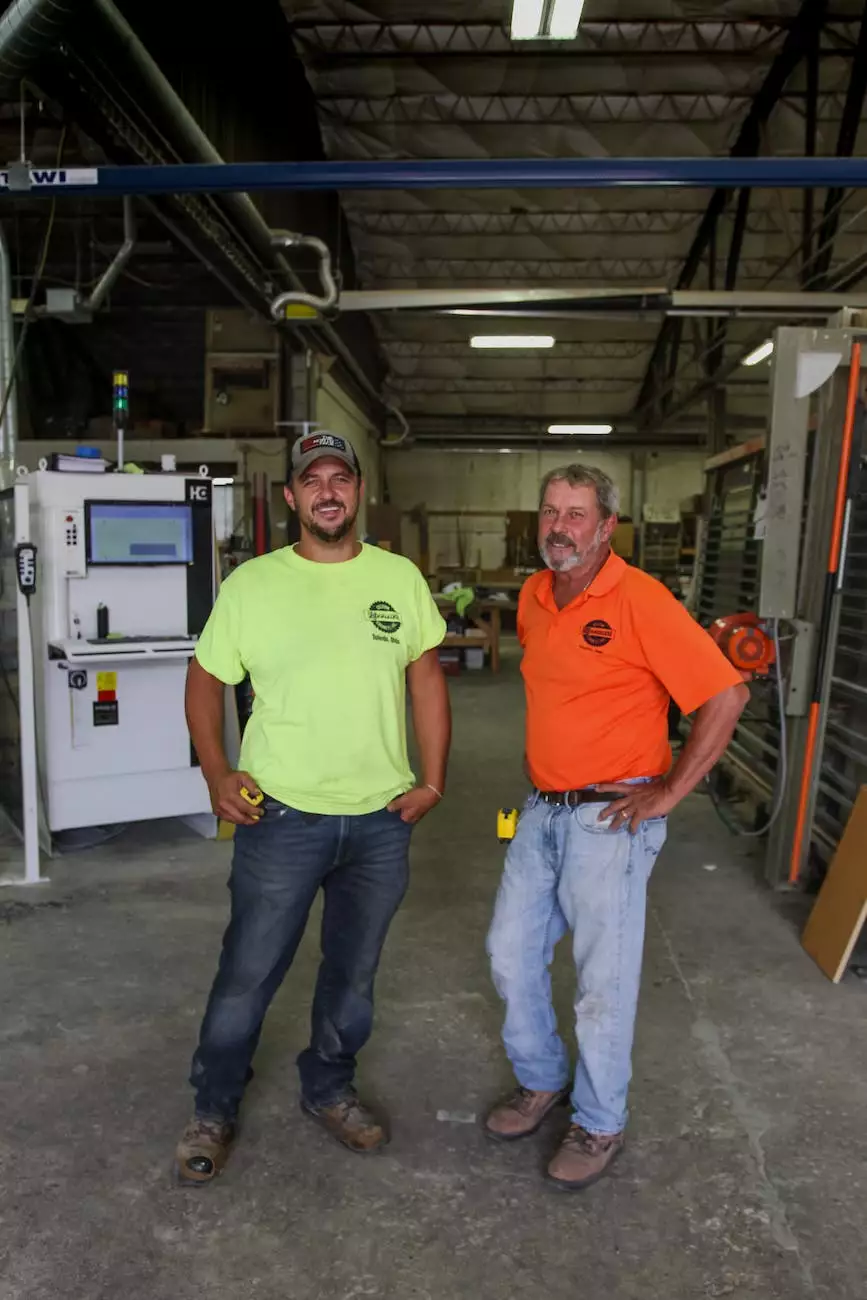A Guide for Assessment | Assessment Measures - Fountain of Hope

Introduction
Welcome to Fountain of Hope's Guide for Assessment, your go-to resource for comprehensive information on assessment measures within the realm of Faith and Beliefs. In this guide, we aim to provide valuable insights and strategies to help individuals and organizations effectively assess their community and society.
Why Assessments Matter
Assessments play a crucial role in understanding the needs, challenges, and opportunities present within a community or society. They provide valuable data and insights that can guide decision-making, program development, and resource allocation. By conducting thorough assessments, individuals and organizations can gain a deeper understanding of the prevailing beliefs, needs, and aspirations of their community, fostering more targeted and impactful initiatives.
Types of Assessment Measures
1. Surveys and Questionnaires
Surveys and questionnaires are widely used assessment measures that gather information through structured questions. They can be administered online or in-person, allowing for data collection on a wide range of topics such as religious practices, beliefs, engagement, and satisfaction levels. By analyzing survey responses, organizations can identify patterns and trends, enabling them to tailor their services and programs accordingly.
2. Interviews and Focus Groups
Interviews and focus groups are effective assessment tools that provide an opportunity for in-depth conversations and qualitative data collection. Through interviews, researchers can delve into individual experiences, motivations, challenges, and aspirations within the faith and beliefs realm. Focus groups, on the other hand, facilitate group discussions, encouraging participants to share diverse perspectives and enrich the assessment process.
3. Document Analysis
Document analysis involves the examination of written materials such as religious texts, historical records, community reports, and organizational documents. By analyzing these resources, researchers can gain insights into the beliefs, practices, and social dynamics within a community or society. Document analysis provides a valuable historical context and helps identify changes and patterns over time.
4. Observations
Direct observations offer a unique perspective on the practices, rituals, and behaviors within a faith-based community or society. By immersing in the environment and observing firsthand, researchers can document various aspects, including religious ceremonies, community gatherings, and engagement levels. Observations contribute to a more comprehensive understanding of the community and can inform future strategies and initiatives.
Tips for Effective Assessment
1. Determine Clear Objectives
Before conducting an assessment, it's crucial to define clear objectives. Identify what specific aspects you want to assess, whether it's understanding community needs, evaluating program impact, or exploring opportunities for growth. Clear objectives provide focus and ensure that assessment measures align with desired outcomes.
2. Utilize a Variety of Measures
Combine multiple assessment measures to gather diverse data. Surveys alone may not capture the richness of experiences or the nuances of beliefs within a community. Incorporate interviews, focus groups, and data analysis to gather a comprehensive understanding that goes beyond surface-level insights.
3. Engage Stakeholders
Involve community members, religious leaders, and other stakeholders in the assessment process. Their input and perspectives are invaluable in shaping the assessment's direction, ensuring it aligns with community values, and fostering a sense of ownership among participants.
4. Ensure Confidentiality and Anonymity
Respect the privacy of participants by ensuring confidentiality and anonymity. This encourages open and honest responses, leading to more accurate and trustworthy data collection. Assure participants that their information will be handled securely and only used for assessment purposes.
Conclusion
Assessment measures are essential tools for understanding and strengthening faith-based communities and societies. By adopting effective assessment strategies, individuals and organizations can gain valuable insights, make informed decisions, and develop impactful programs tailored to meet the unique needs of their community. Explore our comprehensive guide on assessment measures and embark on a journey of growth and empowerment within the realm of faith and beliefs.




